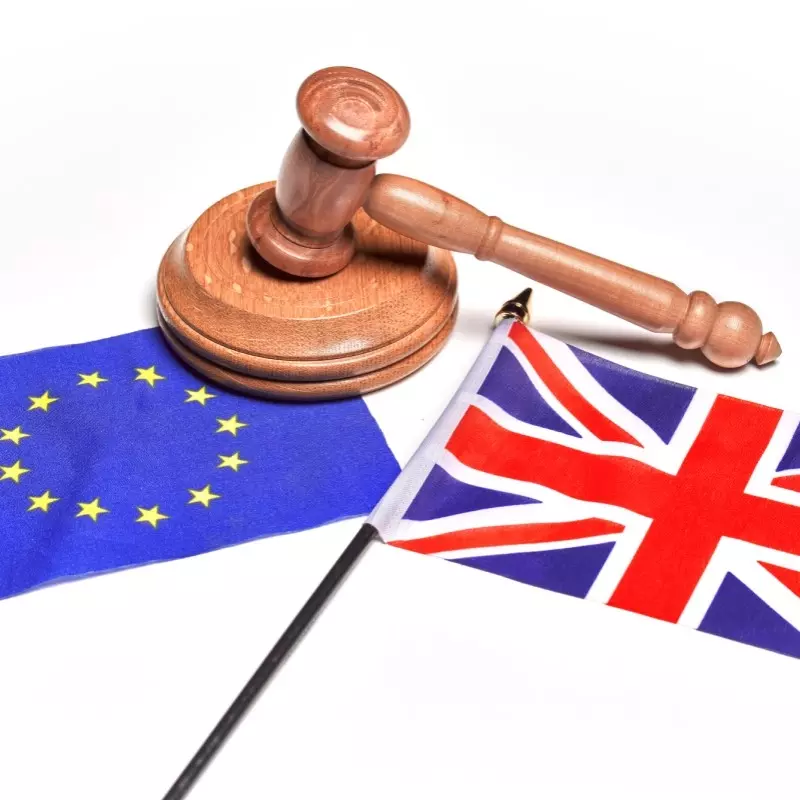Handling Post-Brexit Labour Compliance Complexity
Some five months after the end of the Brexit transition phase on 31st December 2020, much remains unclear. A number of compliance-related themes are emerging, which demand careful consideration from employers.
The EU-UK Trade and Cooperation Agreement sets out the new relationship between the UK and the EU, raising a number of issues for employers, whether their workforces are solely UK-based or extending to or beyond the EU. Key among these are the UK’s commitment to uphold and strengthen existing labour and social standards, where UK courts are and are not bound by EU law, and the impact of “In-flight” Directives on UK employers.
Existing Standards
The agreement specifies that the UK will uphold labour and social standards which are already in place, and will “continue to strive to increase” levels of labour and social protection.
The agreement’s “level playing field” provisions demand the upholding of common labour, social, climate change and taxation standards. Similarly, “non regression” requirements prohibit the UK from weakening existing protections established before the end of 2020. A “rebalancing mechanism” allows the EU to impose tariffs to redress imbalances arising as a result of significant divergences from agreed standards.
EU Law
The key date here is, again, 31st December 2020. Decisions made by the EU Court of Justice before this date will continue to bind all UK courts apart from the Court of Appeal and the Supreme Court.
Decisions made by the EU Court of Justice from 1st January 2021 onwards will not legally bind UK courts, but they may yet be significant for employers, as the courts may continue to “have regard” for such judgements. For example, there have been several EU Court of Justice cases in recent months relating to holiday pay. Employers would do well to keep an eye on such judgements and their potential to impact their operations, either here in the UK or further afield.
In Flight Directives
These, EU directives which have been adopted by the European Council but not yet implemented by individual nation states, include the Whistleblowing Directive, the Transparent and Predictable Working Conditions Directive and the Work-Life Balance for Parents and Carers Directive.
A fundamental question here is to what extent, if at all, the UK will legislate to comply with such directives. It’s difficult to predict what the government will decide in relation to each one, as the UK isn’t required to comply, but may choose to do so, in whole or in part. Even provisions for which the UK doesn’t legislate may yet be adopted into employers’ best practice.
Increasing Complexity
Uncertainties such as these sit alongside a recent spate of headlines that have caused some disquiet amongst employers – the naming and shaming of organisations for minimum wage infractions, the Uber ruling earlier this year, and issues relating to the protection of personal data, and healthcare data in particular, huge volumes of which have been collected during the pandemic.
The upshot of all this is that the employers’ compliance landscape is evolving rapidly. It’s an already complex environment, which is swiftly and unremittingly growing in complexity. This complexity directly impacts workers, managers and organisations, with growing transactional workloads and increased risk.
Addressing the Challenges
This growth in complexity is a key reason for the increasingly widespread adoption of digitalised, automated workforce management and HR service delivery systems.
These systems leverage the power of AI and ML to automate processes and deliver intelligence based on hard data, relieving managers and workers alike of the transactional workload traditionally associated with compliance, while at the same time providing enhanced visibility and understanding of key metrics such as employee availability and customer demand.
Compliance risks are thus reduced and in some cases eliminated , productivity boosted, and employee satisfaction and Glassdoor and other ratings enhanced.
Get the Detail
Compliance is a vast and complex area, and we’ve barely scratched the surface here.
For a deeper dive, watch UKG’s recent webinar, Post Brexit Labour Laws and Global Workforce Management and download the latest UKG compliance white paper, Evolving Compliance Considerations Across Europe
If you would like to discuss help with your workforce compliance requirements, contact UKG via email at [email protected] or call +44 (0)118 978 9784.
